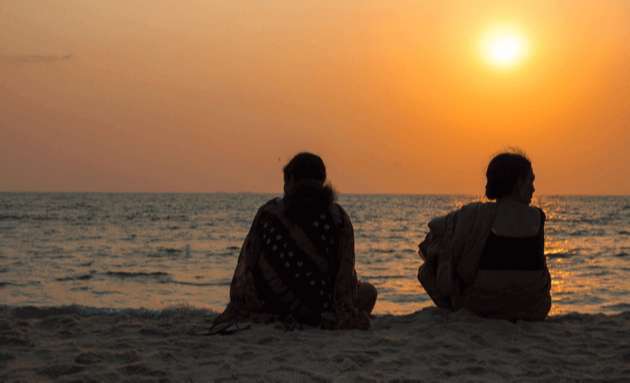Breast Cancer: Why Preventive Checks Are Critical

Every few months, there is a counter set up at the lobby of Medanta- The Medicity, that talks about breast cancer and the importance of early screenings. Except that, while the hospital is milling with hundreds of people, there is literally no one at the stall except for enthusiastic volunteers. Oncologists at Medanta who are spearheading early breast cancer screenings say they are not surprised at the lack of curiosity and enthusiasm.
Breast Cancer Screening in India

“People, especially women, do not want to talk about cancer. Unless physical symptoms appear, very few women will actually go for a screening or even talk about it.” - Dr Kanchan Kaur, Head of Medanta's Breast Clinic.
Cancer Screening, for the layperson, is the act of evaluating an individual for any underlying cancer, even though they do not display any symptoms or signs.
According to the World Health Organisation (WHO), detecting cancer early can effectively reduce the mortality associated with the disease. In resource-poor settings, cancer is often diagnosed at a late stage of the disease, resulting in lower survival rates, potentially greater co-morbidities and higher costs of treatment.
“In India, a woman's health, especially in a middle-class or lower-class family is often the lowest in priority. In many cases, women themselves do not think their health is important. Quick fix remedies are used to suppress pain and any symptoms. A pre-emptive check for breast cancer is considered taboo even today,’ reiterates Dr Kaur.
Oncologists say that women over the age of 20 should begin self-examination of their breasts often so that even a small change is noticed and brought to a doctor’s attention.
“The thing with breast cancer is that there may be absolutely no symptoms or pain to show it exists in the body. Often symptoms appear at a later stage of the disease and that’s when cancer may get detected. So, screening is the only way to check for abnormalities.” - Dr Kaur.
Important Tests for Breast Cancer Screening
-
Self-checks
Self-checks are the first step towards the timely detection of breast cancer. Women must examine their breasts regularly to check for inconsistencies like lumps, changes in colour or shape.
-
Mammograms
A mammogram is an x-ray of the breast that looks for changes that may be signs of breast cancer. An annual mammogram recommended for women over 40 years.
-
Ultrasounds
Breast ultrasound uses sound waves and imaging to show the underlying tissue structure in the breasts. It is usually done after some abnormalities are noticed in the breast. The WHO reiterates that breast cancer is the most common cancer among women, impacting over 1.5 million women each year. It also causes the greatest number of cancer-related deaths among women; however, it is treatable if detected in the early stages.






